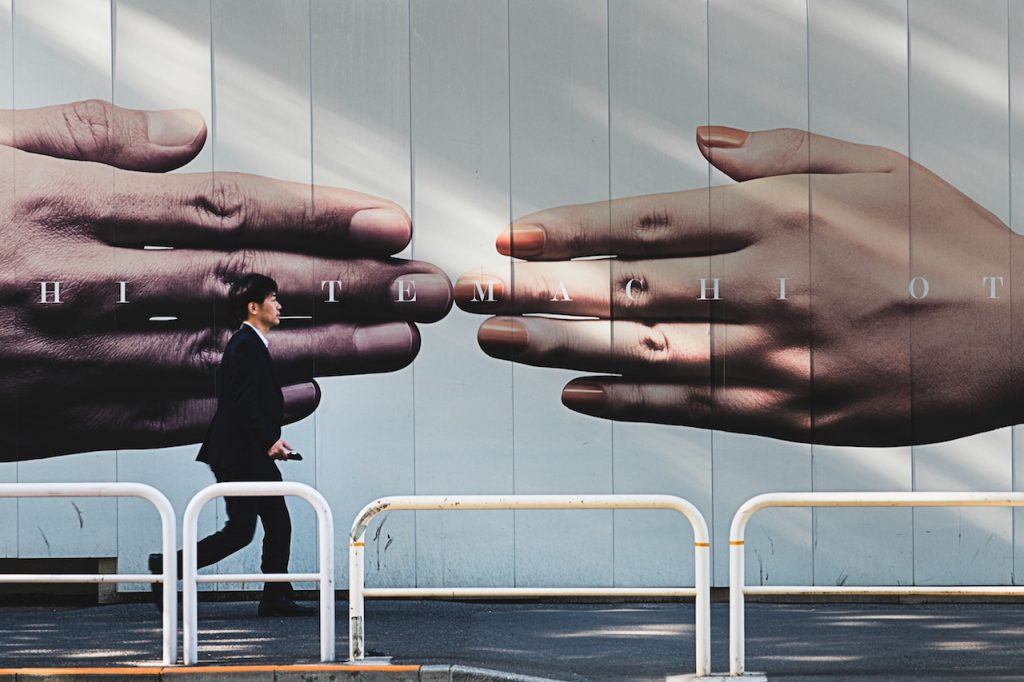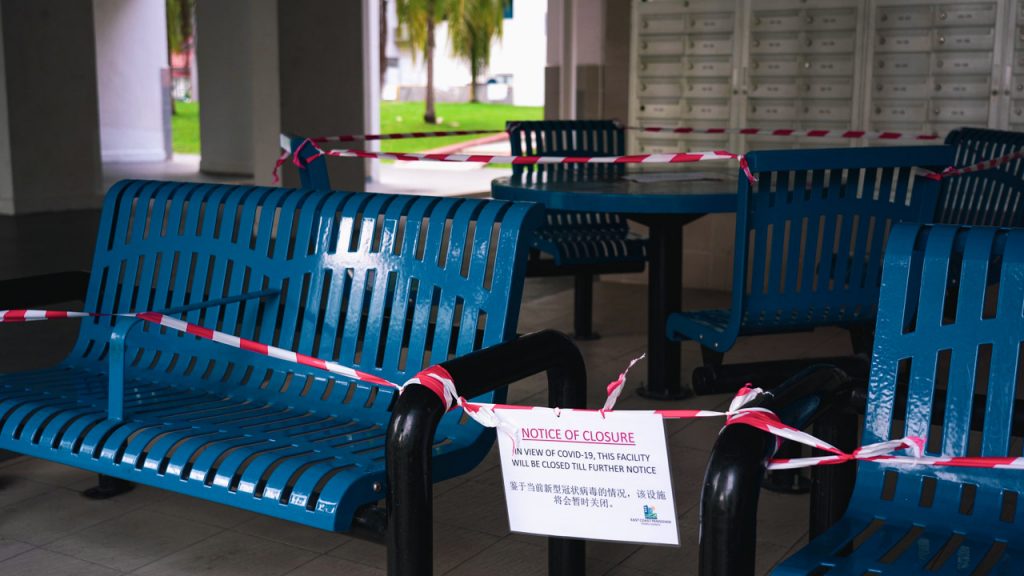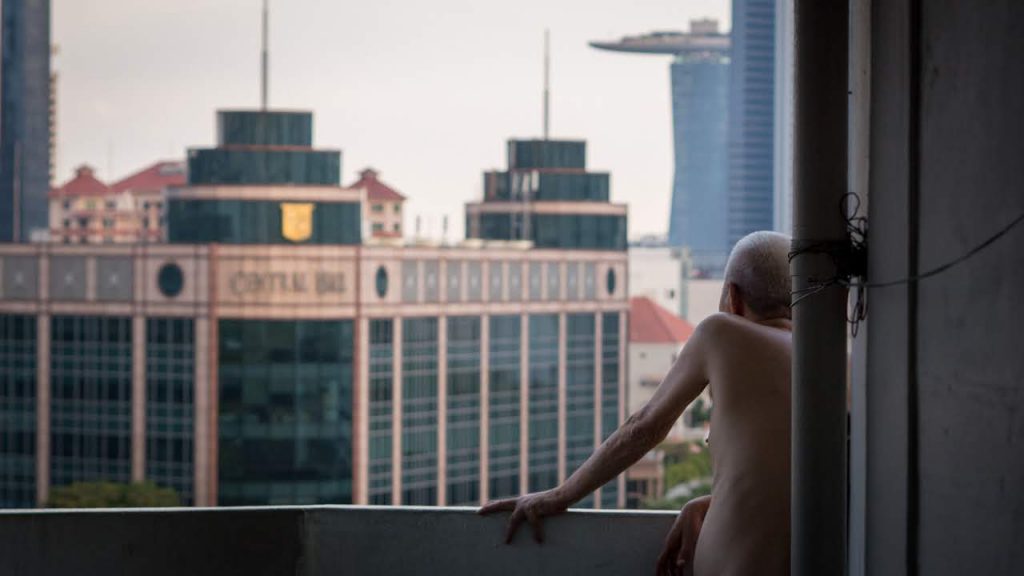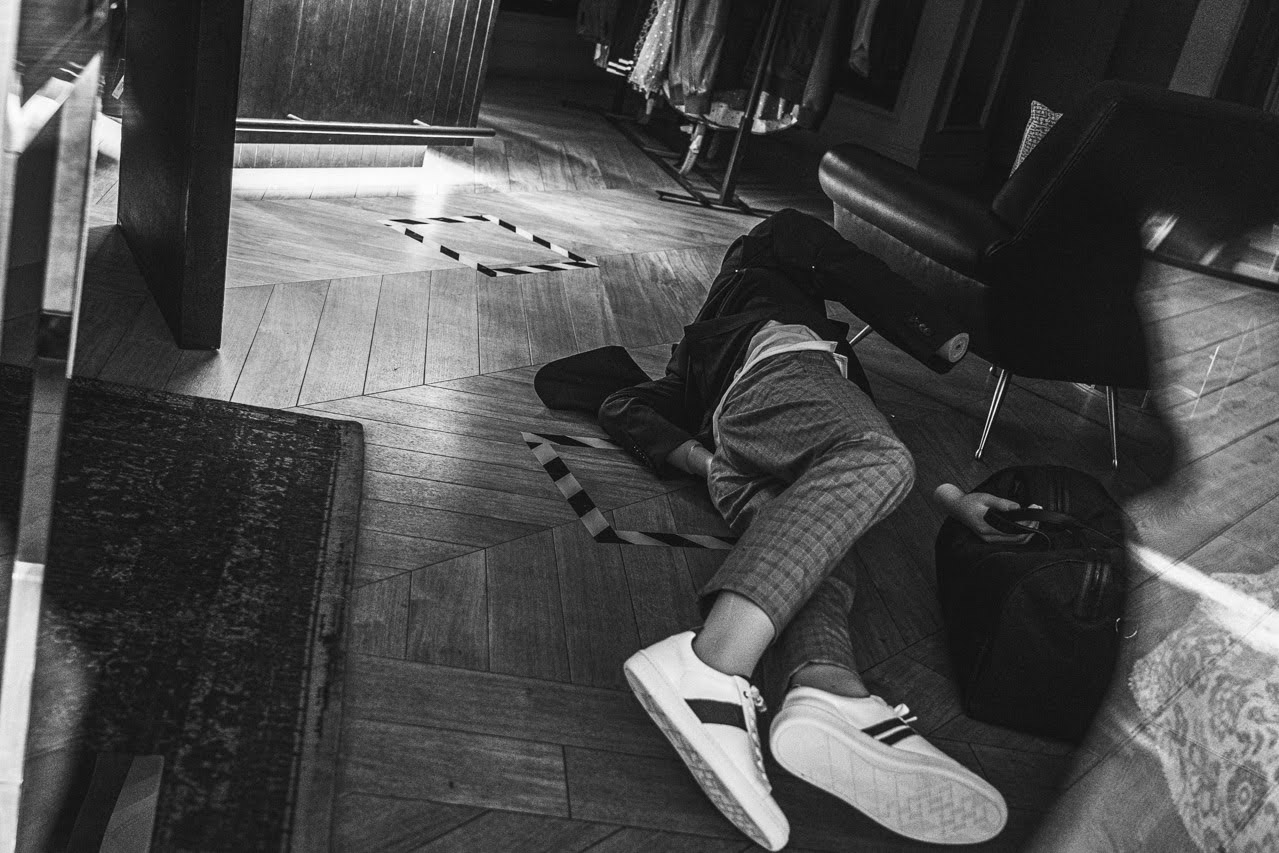All this happened in January alone.
Then, of course, our now-familiar friend Covid-19, not wanting to miss out on the fun, threw itself wholeheartedly into the party that is 2020. You know what ensued. The global economy crashing. Job losses. Deaths.
My struggles are nothing in the light of the koalas or those who have lost their jobs or even family members.
But, like most other people, the difficulties I faced this year were unusually distressing because of 2020’s constant reminders about the precarity of existence, and how thoroughly the pandemic has dismantled the everyday architecture—and supportive scaffolding—of our lives.
For instance, no matter how much of an introvert I am, not meeting my friends and family for months was not good for my mental health, to put it mildly.
Yet, there is a silver lining to this upheaval. By stripping daily life down to its bare essentials and warning me that people I treasure can be taken away on a whim, 2020 has also taught me that I need much less than I thought; that I am more than my job.

In other words, I would peg my self-esteem to my performance at work. If my article was received well, then life goes on as usual, humming along at my emotional baseline, and I get a reprieve from self-doubt. If not, I must be a useless person who produces drivel.
But no matter. Tomorrow I will run faster, stretch out my arms farther, work harder.
Unhealthy as these thought patterns are, I am not alone in being unable to divorce my job from my identity and self-esteem, or to spend all my waking hours obsessing over work.
Think of how ingrained the workaholic culture is in Singapore. At 44.6 hours per week, we have the second longest working week in developed cities. This is a result of various factors: the illusion of perpetual availability because of technology; a company’s custom of presenteeism; the relative laxity of labour laws in Singapore.
Under these circumstances, there’s just no time left to cultivate the other parts of one’s life. So we beat on, boats against the current.
And then one fine morning, we woke up to offices closing, borders shutting, hospitals overflowing all over the world.

Let me refine that statement. It’s not just the signs of achievement, like a pay raise or promotion, that have been punctured. The inflated value that we place on day-to-day work needs to be called into question too.
When huge, multimillion companies can shut down without notice, is it really important that you allow yourself to leave the office only after your boss has packed up? If your employer forbids you from taking leave to visit your dying father—in the midst of a pandemic when people everywhere are dying by the thousands—is it worth prioritising your work over your relationships?
I’m lucky that none of these extreme scenarios has happened to me. Still, considering the circumstances we are all in this year, 2020 has forced me to realise that life comes in more forms than just work.
This observation might seem obvious to some. Who on earth expects to find meaning and satisfaction in work? Well, according to the Harvard Business Review: it’s every employee from every generation. It’s not just me, then. The whole world is looking to work to give themselves a purpose in life.
Now, I’m not being a bougie pouring scorn at work. There’s nothing wrong with deriving happiness from work, nor dedicating your life to work. It can even be admirable: thank you, healthcare workers. Thank you, scientists at Pfizer, BioNTech, Moderna, and AstraZeneca, for pulling the world out of this Covid-19 shithole.
Nor am I claiming that there’s no satisfaction in a job well done. I still pour everything I have into each article. The only difference is that it took a pandemic for me to stop using my job, and how my work is received, as a proxy for my emotional well-being.

For me, being legally obliged to spend so much time at home with my mother and my dog opened my eyes to the casualties of my workaholism. I had to rebuild relationships I once neglected.
Yes, they involve a perverse amount of laundry washing and poop scooping.
But they also come with the perks of spending a golden evening throwing a ball around with a bouncy pup. And, thereafter, sharing a zi char dinner with the individual who, in all probability, cares for you the most out of everyone you will ever meet in your life. (I’m still talking about my dog, by the way. [Just kidding, mum.])
For all its awfulness, this year taught me that I will have the rest of my life to pursue career success, a fatter pay cheque, or whatever ideas of success floating in my head. (And if I die young, well, that just proves how pointless these goals are, for me, personally.)
But the people—and animals—around me may not have the time to wait, nor will the vicissitudes of life be so patient with me.

2020 is a year of horrors, but it may also give us the chance to shed our calcified skins and reach our arms towards a new sun.
If you haven’t already, follow RICE on Instagram, Spotify, Facebook, and Telegram.





